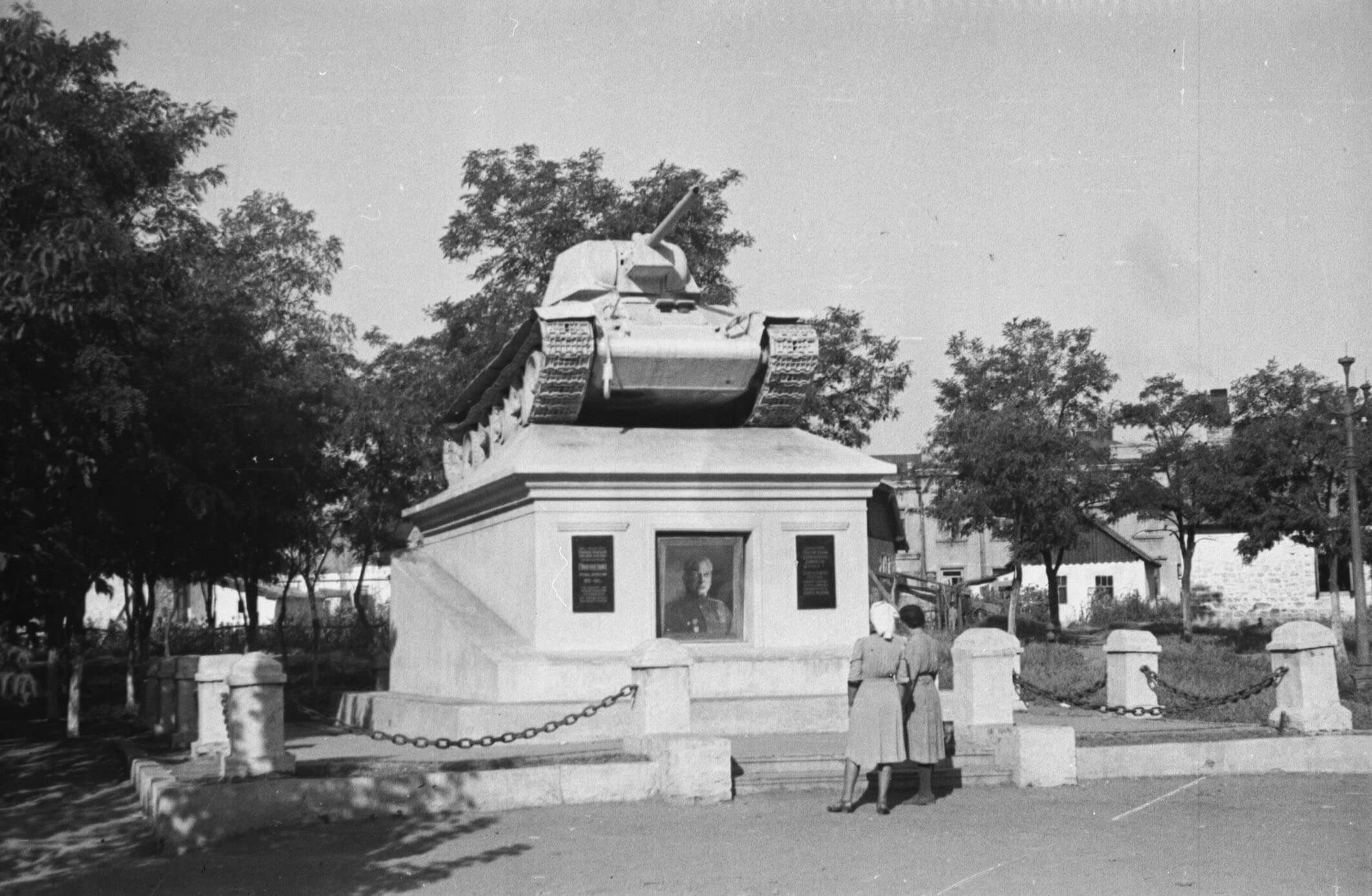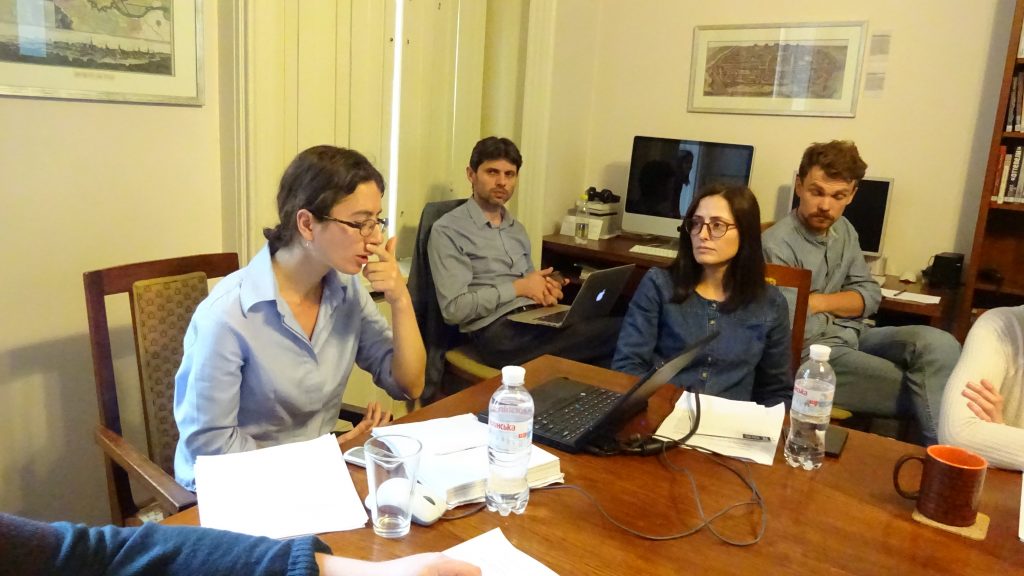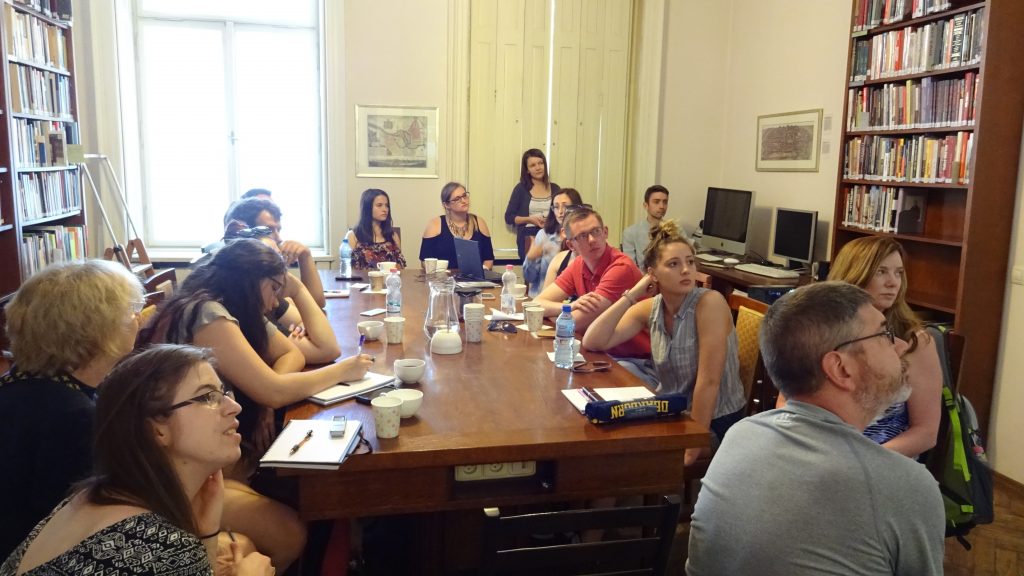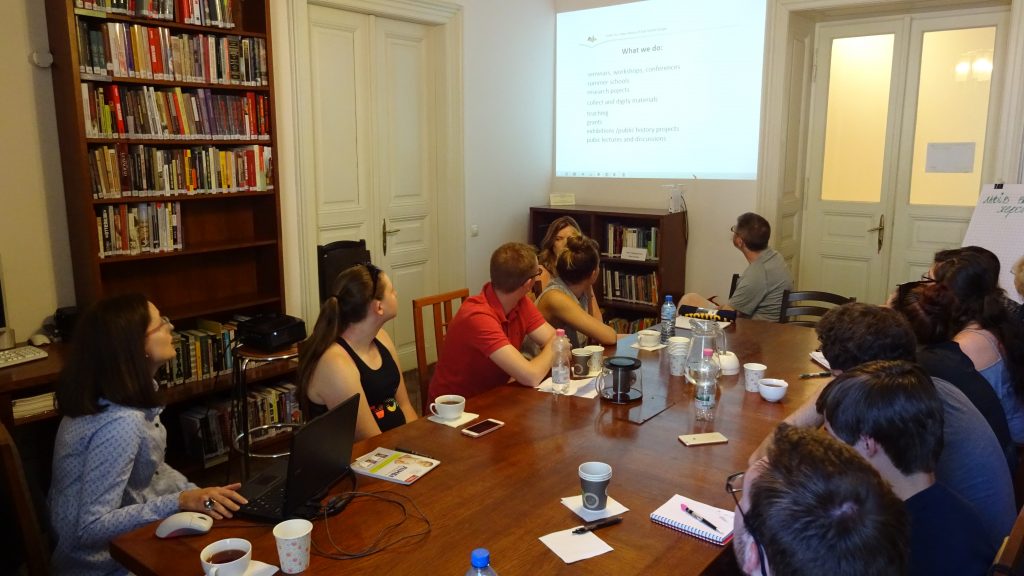The event has a format of a workshop, with the guest researchers to discuss academic projects and research works on different stages of progress, and of the completed projects prepared for print.
The workshop is not open for the public. There are invited colleagues – historians, sociologists, culture studies experts and representatives of other areas of humanities who were willing to share their research results, their experiences, and willing to take part in the discussion of projects presented at the workshop.



